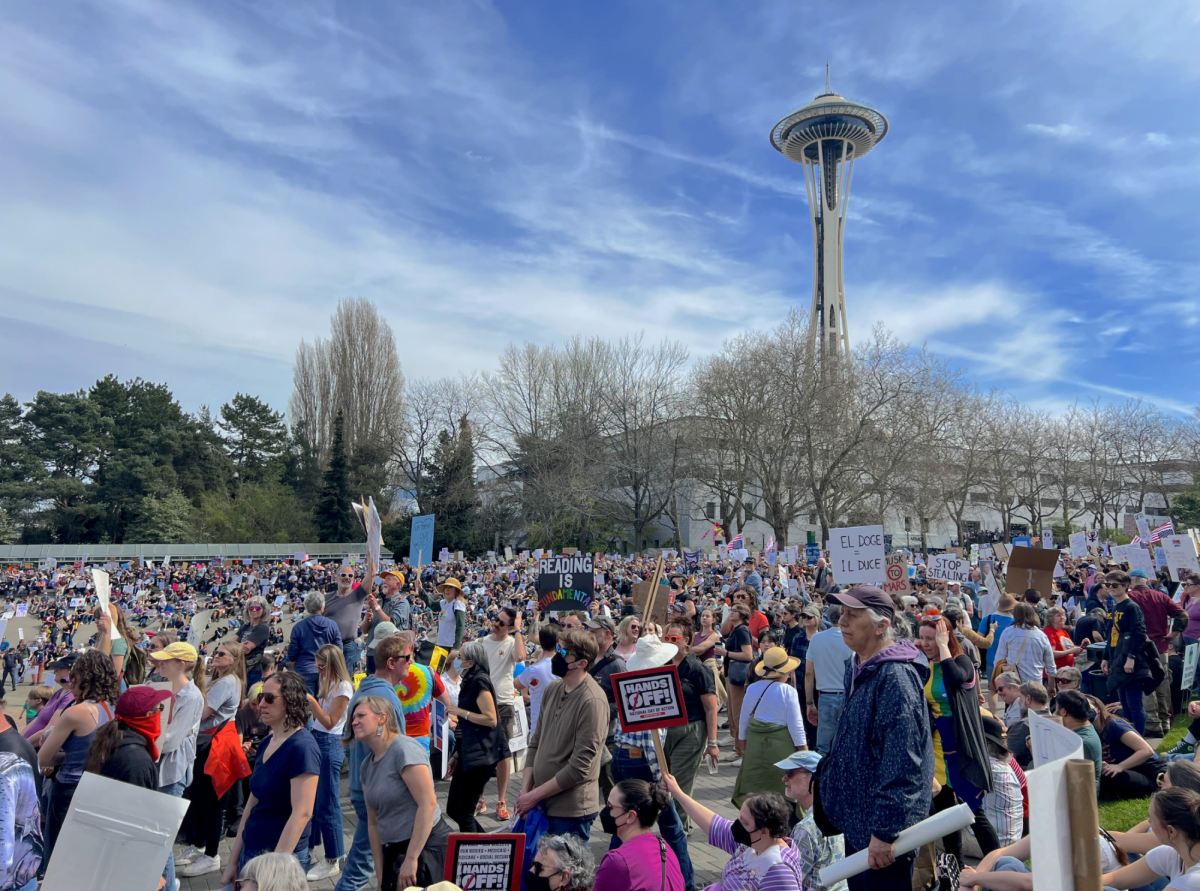Ocean acidification.
It’s a term I had heard a few times in my life, the kind of phrase that sounds so scientific and daunting that I never really considered its meaning. Last spring it became a topic of my college chemistry career; by the end of the general chemistry series we were all accomplished enough to explain how acid-base reactions apply to a real life situation.
Even after understanding the exact science of the disintegration of hard shelled sea creatures and the various other effects of ocean acidification, it didn’t once cross my mind what this means for me–What this means for my generation. It wasn’t until I saw the vivid pictures spread across the front page of The Seattle Times this summer that I realized that ocean acidification and climate change, the ugly beast that goes with it, are real and close at hand.
The pictures are enough to make anyone cringe: rainbow reefs turned to murky brown scum, acres of swaying coral vanquished as if by famine, visible bubbles of carbon dioxide swimming perilously among ocean inhabitants.
Ocean acidification is a complex process, but in its simplest form it involves the absorption of carbon dioxide into the ocean water, which in turn raises the acidity and prevents species such as corals, lobsters, shrimp and other crustaceans from creating shells.
The effects of acidification extend beyond simply deforming hard-shelled sea creatures. Anyone who understands the complexity of an ecosystem knows that the full extent of ocean acidification is rippling through the entire ocean, with many effects yet to be discovered by scientists.
Right here in Seattle’s Puget Sound, 30 percent of marine life–about 600 species–are directly affected by ocean acidification according to a special by the Seattle Times. It won’t be long before the disappearance of oysters and other sea life make a serious impact on Seattle’s fishing economy.
I grew up in the time when ‘global warming’ was just a myth, when politicians used to argue that reckless polluting habits don’t have any real effect on the environment. And yes, some politicians do still make this argument, but we’ve come a long way in that it’s now generally accepted that climate change is real.
If the effects of climate change are finally too real to deny, then why is this an issue that seems to be worsening faster than we try to fix it? The seas are acidifying faster than scientists ever predicted, and although it’s not too late to turn things around, to do so would require a tremendous decrease in atmospheric carbon; a complete change of lifestyle for the gluttonous system of global pollution.
Climate change is a serious issue that the world has turned from for more pressing issues. The headlines would get tired printing about climate change every day, so instead they promote whichever issue is plaguing the world right now. The world is not doing enough to reverse climate change, and based on the way things have been going, we’ll wait until it’s impossible to ignore before we finally take action against it.
But by then it might be too late.







